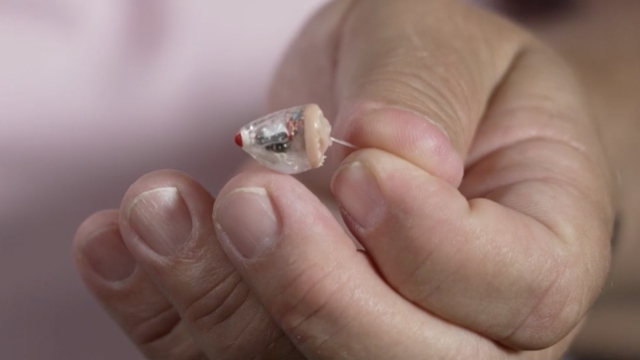- cross-posted to:
- [email protected]
- cross-posted to:
- [email protected]
At first, an in-ear phone and language translator, while useful, might not seem compelling. But take things a bit further. This relies on a mini-computer and connection to the internet in the hearing aid. What if that allowed you to connect to Chat-GPT? Or future more powerful versions of it. That might be more compelling. Sci-fi has often envisioned cyborgs in the future. Maybe one day people will look back at stuff like this and think it was the first baby steps of that technology.



My partner speaks a native language which is extremely rare - only a few million people worldwide speak the language. So uncommon that it’s hard to find software to teach me the language. A real-life babble-fish would make life a million times easier when visiting her family who doesn’t speak English (I assume, since I know that AI including Chat is capable of translating to and from the language fairly well with good grammar, but I doubt that it would be able to easily synthesize speech patterns for a rare language compared to converting their language to English. But I could be wrong lol.
What language is it, sounds interesting
One of the Baltics